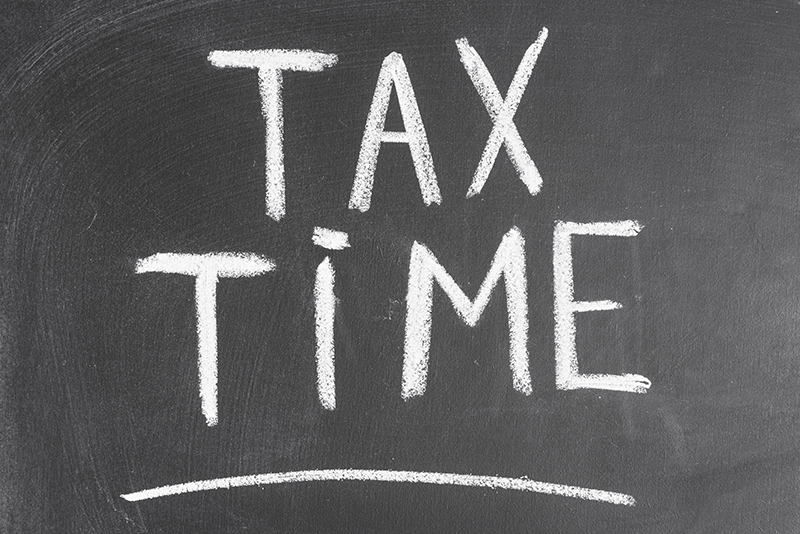
The federal and most state governments consider any property you own to be an asset. Profiting from an asset’s sale results in a monetary (or capital) gain. When the sale meets specified criteria, the government levies a tax on the profit. There are two types of capital gains taxes and tax rates. You incur taxes for the year you sell the asset unless you use a strategy that qualifies for deferment, such as a deferred sales trust.
The Two Types of Capital Gains Taxes
The government classifies capital gains in two ways:
- Short-term: Generally, selling an investment after holding it for a year or less is considered a short-term investment.
- Long-term: A long-term investment is one you own for more than a year before selling.
Your state may also differentiate between short- and long-term capital gains, though not all states have a capital gains tax.
The Capital Gains Tax Rates
The Internal Revenue Service views short-term and long-term gains differently. When you sell an investment after owning it for a year or less, you include the profit as part of your income. The government then taxes it at the same rate as your income tax. For most people, this rate is higher than they incur after selling a long-term investment.
The long-term rate depends on your taxable income and your filing status. The rate breakdown for the 2022 tax year is as follows:
- Single filer: If your taxable income does not exceed $41,675, your tax rate is 0%. If your income is more than that but isn’t more than $459,750, the capital gains tax rate is 15%. Taxable incomes higher than that incur a 20% tax.
- Joint filers: To receive a 0% rate, you and your spouse can’t have more than $83,350. If the two of you earn more than that but less than $517,201, your rate is 15%. When you exceed these thresholds, you will pay the 20% rate.
- Heads of household: The thresholds for heads of household are $55,000 and $488,500.
If you sell property that qualifies as section 1250 real property, you incur a 25% tax rate on any unrecaptured portion. An even higher 28% rate applies to collectibles and the taxable part of a 1202 business stock sale.
What Happens When You Sell Your Home?
If you sell your home, you might owe capital gains taxes on the profits. However, the federal government does not tax the first $250,000 in profit if you meet the ownership and occupancy criteria. To qualify for an exclusion, you must own your home. It also must have been your primary residence for two of the five years before the sale.
How Can You Reduce Your Taxes?
You can count your capital losses against your gains to lower your tax burden if you sell multiple assets. However, if you want to off-load a high-value asset and anticipate that you would owe capital gains taxes, you might benefit from a DST, which would allow you to receive installment payments and only pay taxes on the amounts you receive in a given tax year.
Deferred Sales Trust Assistance
We’re happy to discuss whether a deferred sales trust is a suitable tax strategy for you. Contact us today to learn more about our services.
Sources:
